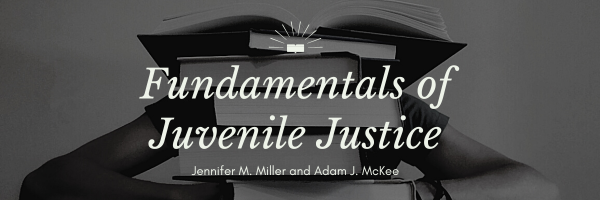Reading Assignment for Section 7.2
Read the following subsection in our online textbook:
What You Will Learn
This section examines the role of data and research in shaping policies within the juvenile justice system. You’ll learn about the process of developing and implementing evidence-based policies, the importance of data collection and feedback mechanisms, and the intersection between research and policy-making. Additionally, you’ll explore successful case studies that highlight the impact of evidence-based approaches and discuss the challenges encountered in implementing these policies.
Student Learning Outcomes for Section 7.2
- SLO 1: Describe the process of developing evidence-based policies, including problem identification, research, and stakeholder engagement.
- SLO 2: Explain how data collection and feedback mechanisms contribute to effective policy implementation and ongoing adjustments.
- SLO 3: Discuss the intersection between research and policy-making in the juvenile justice system, including the role of researchers and policymakers.
- SLO 4: Analyze successful case studies such as the Missouri Model, Multisystemic Therapy (MST), and the Blueprints for Healthy Youth Development, highlighting their key elements of success.
- SLO 5: Evaluate the challenges in implementing evidence-based practices in juvenile justice, including funding constraints, institutional resistance, and maintaining fidelity to program models, and suggest strategies to overcome these obstacles.
Modification History File Created: 04/26/2024 Last Modified: 11/20/2024
[ Text Section | Back | Contents | Next ]
You are welcome to print a copy of pages from this Open Educational Resource (OER) book for your personal use. Please note that mass distribution, commercial use, or the creation of altered versions of the content for distribution are strictly prohibited. This permission is intended to support your individual learning needs while maintaining the integrity of the material.
This work is licensed under an Open Educational Resource-Quality Master Source (OER-QMS) License.

